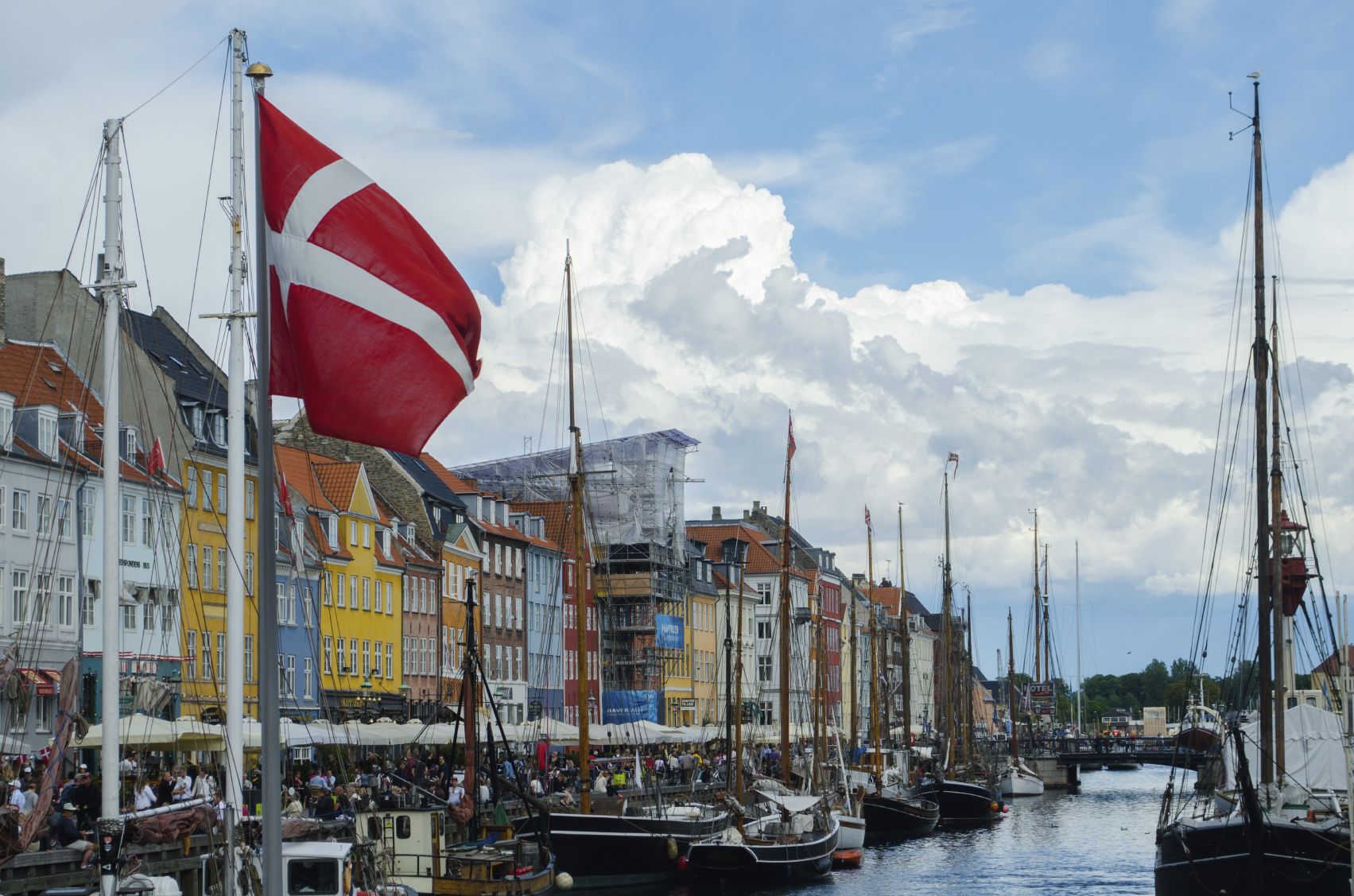In the first quarter of 2016, Denmark has seen an increase in its GDP of 0.5 percent. It may be adjusted later, but up front it is a significant step in the right direction.
Interestingly, it has been calculated that the increased cost of handling the refugees and migrants at the present level amounts to just 0.1 percent of the GDP. Gone are the bleak predictions that these expenses would jeopardise the welfare system.
Assuredly competitive
On top of that, Denmark has been confirmed as number six in the World Competitiveness Yearbook – just a place behind Sweden after an improvement of two places. The yearbook applauds Denmark’s legal robustness, absence of corruption and general equality.
The government’s ambitious green policy and the current quality of research and science in the country, despite the recent austerity cutbacks, have also played a large role, although it remains to be seen what happens to the PSO tax. It has been declared illegal by the EU Commission and has to be restructured. It may be funded directly by income tax instead of a tax on energy. This would jeopardise the tax ceiling policy so what the end result will be is not clear.
The World Bank’s ‘Doing Business Report’ placed Denmark at number three in its competitiveness rankings, calling Denmark the best country in the world to do business in.
While the World Economic Forum rated Denmark at number 12, although it was a close race with other western European countries such as Germany, the Netherlands, Sweden and Finland.
Not a bad outlook
All in all, the conclusion is that it is going relatively well for the kingdom.
A sign of optimism this week was the signing of conditional construction contracts of the biggest ever infrastructure project between Denmark and Germany. The Fehmarn Link will cost 30 billion kroner. Formal German approval has not yet been issued, but Chancellor Merkel has nodded enough to suggest it is a done deal.
The improvement of traffic is expected to be massive. Not only Denmark, but all Scandinavia will benefit from it. Meanwhile, an upgrade of the Danish railway system will introduce new lines and eliminate other bottlenecks.
Infrastructure projects tend to exceed their budgets, but are normally profitable in the end!
All in all, we can conclude that the state of Denmark is in better shape than when Shakespeare gave his opinion in 1603.













